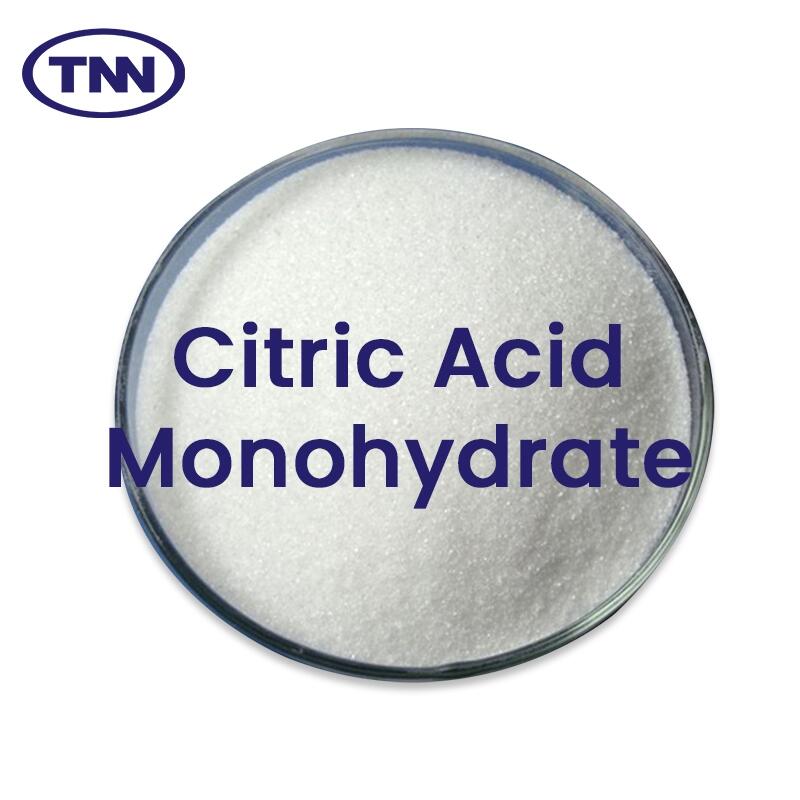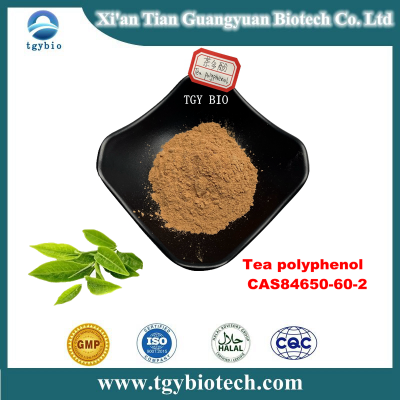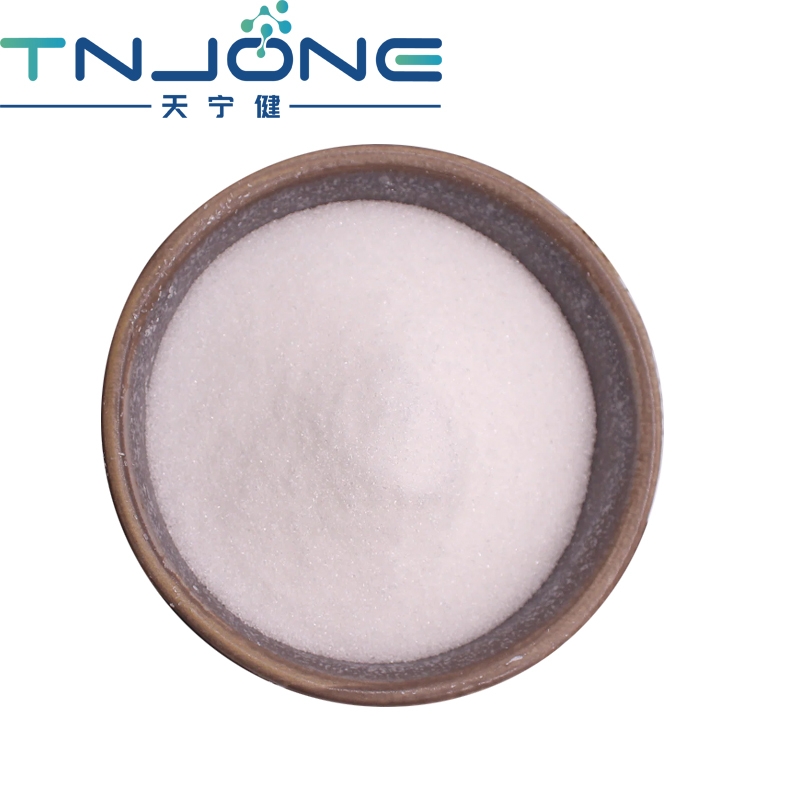-
Categories
-
Pharmaceutical Intermediates
-
Active Pharmaceutical Ingredients
-
Food Additives
- Industrial Coatings
- Agrochemicals
- Dyes and Pigments
- Surfactant
- Flavors and Fragrances
- Chemical Reagents
- Catalyst and Auxiliary
- Natural Products
- Inorganic Chemistry
-
Organic Chemistry
-
Biochemical Engineering
- Analytical Chemistry
-
Cosmetic Ingredient
- Water Treatment Chemical
-
Pharmaceutical Intermediates
Promotion
ECHEMI Mall
Wholesale
Weekly Price
Exhibition
News
-
Trade Service
Recent studies have shown that lipoprotein oxidation in the endovascular membrane is a key factor in the development of atherosclerosis, and lycoprotein plays an important role in reducing lipoprotein oxidation, protecting LDL from oxidation damage and thus protecting cardiovascular vessels.Dutch researchers selected
66
patients with myocardial infarction to measure carotenoid levels in their off-skin fat. Patients were found to have lower levels of lycoprotein than healthy people, and α
-
and β
-
carotene levels were lower than normal, indicating that these types of carotene are closely related to the occurrence of myocardial infarction. Australian preventive medicine experts have conducted stroke prevention studies on people with cerebrovascular disease, and their report notes that the majority of older people with cerebrovascular disease are at high risk of microvascular damage to the brain. Further exploration of the causes of cerebrovascular injury in patients found that the serum of this group of people with low levels of lycopin and vitamin
E
, both of which have strong antioxidant and vascular protection functions.can reduce the risk of stroke and heart disease because it prevents LDL, also known as bad cholesterol, from clogging blood vessels. In one trial, scientists asked about
,150,
heart patients to take lycope supplements daily, and after
8
weeks, the results showed that levels of bad cholesterol in the blood dropped to almost zero. The researchers say trials have shown that using the supplement can lower bad cholesterol better than other drugs.lycopine and healthy oxidative stress in the brain play an important role in neurodegenerative diseases. Diseases related to the brain include Alzheimer's disease, vascular dementia, Parkinson's disease and Huntington's disease.most carotenoid antioxidant nutrients, including lycoprotein, can reduce one or more diseases such as Alzheimer's disease, vascular dementia and Parkinson's disease. Recently, it has also been shown to significantly reduce mild cognitive impairment. These facts make lycopin an important nutrient for maintaining brain health.models of Alzheimer's, Parkinson's and Huntington's confirm the preventive potential of lycoprene. In animal models of Parkinson's disease, tomato powder supplements rich in lycoprene completely prevent the destruction of dopamine brain cells. The raw tomato supplement model has similar but not significant effects.other studies have shown that lycoprene improves the oxidative stress brain impedance of Parkinson's disease models, which successfully blocks neurological behavior associated with the disease. Huntington's disease is less common, but does not mean less tragic: it produces uncontrolled movement with Alzheimer's disease, which is fatal. In animal models of Huntington's disease, lycope reduces memory impairment and reduces behavioral and biotic abnormalities
.
mechanism appears to be by inhibiting inflammatory nitric acid production and protecting the mitochondrials of the brain. Alzheimer's disease is an almost perfect example of brain damage caused by oxidative stress.results showed a decrease in neuron mortality, especially in the hema region of brain memory processing.growing evidence that lycope can prevent an inflammatory response to acute stroke and reduce the range of brain damage.







